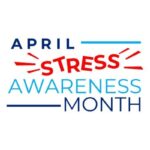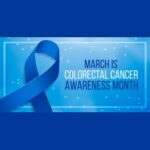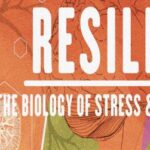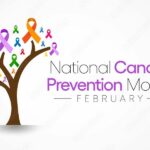Inhalants
Brief Description
 Many products readily found in the home or workplace—such as spray paints, markers, glues, and cleaning fluids—contain volatile substances that have psychoactive (mind-altering) properties when inhaled. People do not typically think of these products as drugs because they were never intended for that purpose. However, these products are sometimes abused in that way. They are especially (but not exclusively) abused by young children and adolescents, and are the only class of substance abused more by younger than by older teens.
Many products readily found in the home or workplace—such as spray paints, markers, glues, and cleaning fluids—contain volatile substances that have psychoactive (mind-altering) properties when inhaled. People do not typically think of these products as drugs because they were never intended for that purpose. However, these products are sometimes abused in that way. They are especially (but not exclusively) abused by young children and adolescents, and are the only class of substance abused more by younger than by older teens.
People tend to abuse different inhalant products at different ages. New users ages 12–15 most commonly abuse glue, shoe polish, spray paints, gasoline, and lighter fluid. New users ages 16–17 most commonly abuse nitrous oxide or “whippets.” Adults most commonly abuse a class of inhalants known as nitrites (such as amyl nitrites or “poppers”).
Unlike other types of inhalants, nitrites enhance sexual pleasure by dilating and relaxing blood vessels.
Although it is not very common, addiction to inhalants can occur with repeated abuse.
Inhaled nitrites dilate blood vessels, increase heart rate, and produce a sensation of heat and excitement that can last for several minutes. Other effects can include flush, dizziness, and headache.
A strong need to continue using inhalants has been reported by many individuals, particularly those who have abused inhalants for prolonged periods over many days. Compulsive use and a mild withdrawal syndrome can occur with long-term inhalant abuse. A recent survey of 43,000 American adults suggests that inhalant users, on average, initiate use of cigarettes, alcohol, and almost all other drugs at younger ages and display a higher lifetime prevalence of substance use disorders, including abuse of prescription drugs, when compared with substance abusers without a history of inhalant use.

Effects
 Although the chemical substances found in inhalants may produce various pharmacological effects, most inhalants produce a rapid high that resembles alcohol intoxication, with initial excitation followed by drowsiness, disinhibition, lightheadedness, and agitation. If sufficient amounts are inhaled, nearly all solvents and gases produce anesthesia — a loss of sensation — and can lead to unconsciousness.
Although the chemical substances found in inhalants may produce various pharmacological effects, most inhalants produce a rapid high that resembles alcohol intoxication, with initial excitation followed by drowsiness, disinhibition, lightheadedness, and agitation. If sufficient amounts are inhaled, nearly all solvents and gases produce anesthesia — a loss of sensation — and can lead to unconsciousness.
Health Concerns
Chemicals found in different types of inhaled products may produce a variety of other short-term effects, such as nausea or vomiting, as well as more serious long-term consequences. These may include liver and kidney damage, hearing loss, or bone marrow damage. Effects may also include loss of coordination and limb spasms due to damage to myelin—a protective sheathing around nerve fibers that helps nerves transmit messages in the brain and peripheral nervous system. Inhalants can also cause brain damage by cutting off oxygen flow to the brain.
Inhalants can even be lethal. Sniffing highly concentrated amounts of the chemicals in solvents or aerosol sprays can directly cause heart failure within minutes. This syndrome, known as “sudden sniffing death,” can result from a single session of inhalant use by an otherwise healthy young person. High concentrations of inhalants may also cause death from suffocation, especially when inhaled from a paper or plastic bag or in a closed area. Even when using aerosols or volatile products for their legitimate purposes like painting or cleaning, it is wise to do so in a well-ventilated room or outdoors.
Nitrites are a special class of inhalants that are abused to enhance sexual pleasure and performance. They can be associated with unsafe sexual practices that increase the risk of contracting and spreading infectious diseases like HIV/AIDS and hepatitis.
Source: NIDA (National Institute on Drug Abuse)










